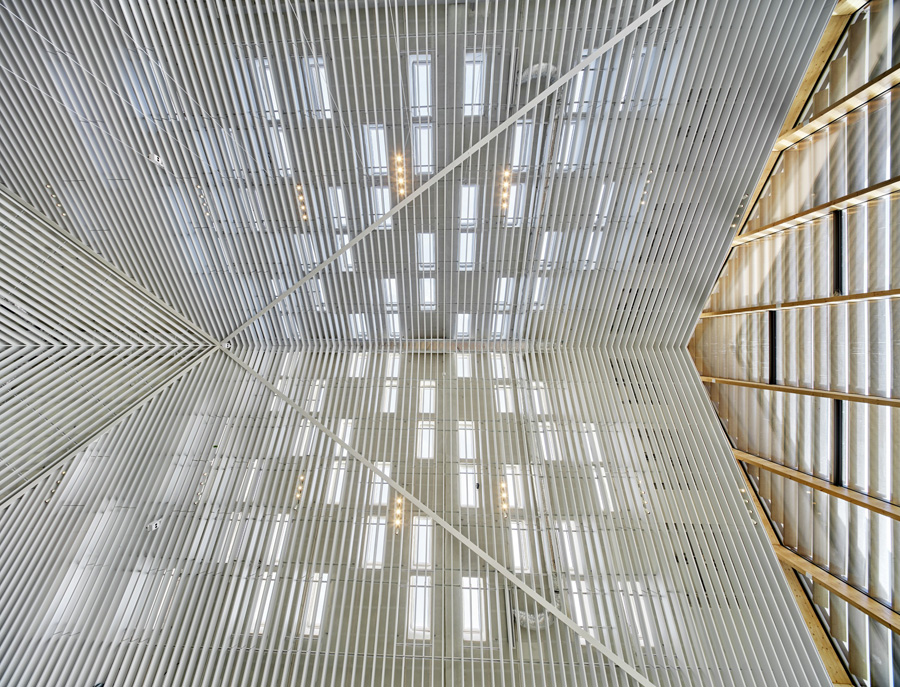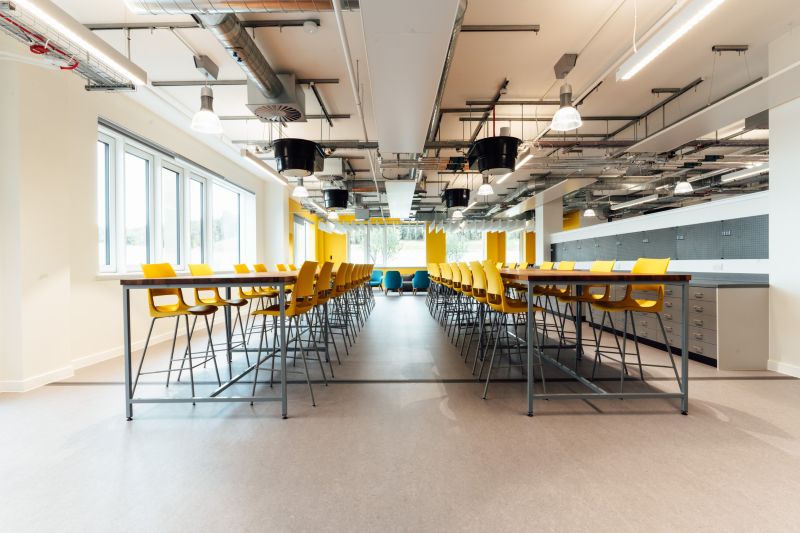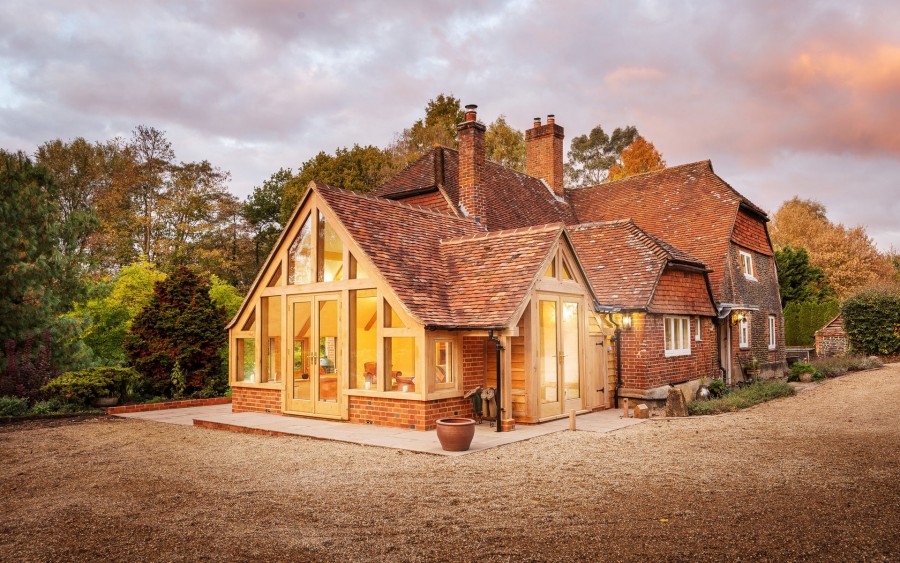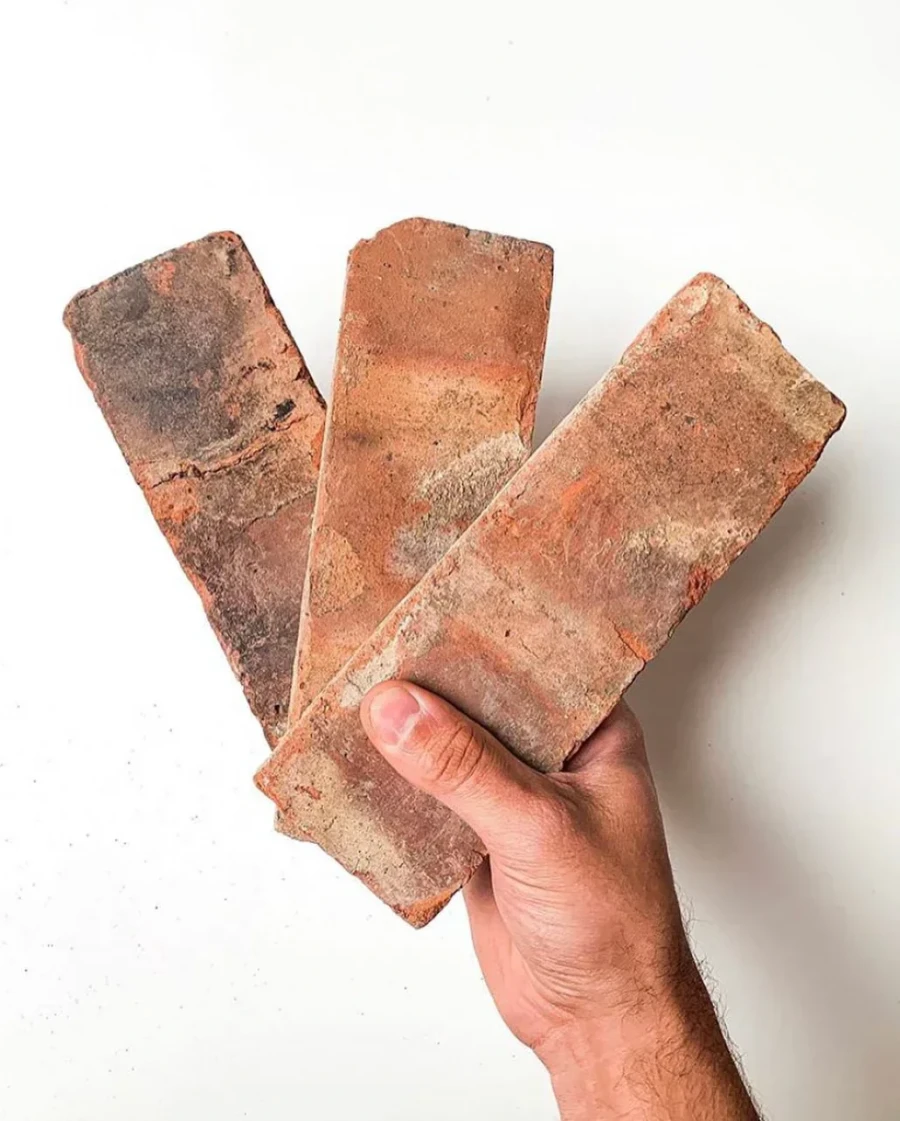Architectural
glazing systems by leading UK manufacturer Kawneer were specified for a multi
award-winning research centre for their design and performance
capabilities.
Kawneer's AA®100
zone-drained curtain walling and three types of doors were selected by frequent
Kawneer specifiers CPMG architects for the £12.5 million Aerospace Integration
Research Centre (AIRC) at Cranfield University in Bedfordshire.
Cranfield is the
only university in Europe to combine major aerospace research facilities such
as the AIRC with an operational airport and runway.
The Kawneer curtain
walling panes of 3m x 1.3m, and AA®720 thermally-superior doors, series 190
heavy-duty commercial entrance doors and AA®3720 bifold doors, were installed
on the steel-frame structure over eight months by a team of four from approved
dealer Drayton Windows for main contractor and their parent company RG Carter.

The
3,400m2 AIRC is one of Cranfield's newest world-class
facilities and is of international significance. Co-funded by Airbus,
Rolls-Royce, Government and the university, industry and academia work together
under one roof on cutting-edge research.
Facilities
include a flight simulator and laboratories for air traffic management,
unmanned aerial vehicles, a virtual wind tunnel, a FANUC robot in the
intelligent automation centre, and a 1,500m2 open laboratory
with 18m x 6m sliding doors to give access for demonstrator aircraft such as
the university's 19-seater Jetstream 31.
CPMG's brief was for
a state-of-the-art research centre that will help to change the design of
future aircraft, bringing academic research and the testing of new ideas by the
co-funders. Their design is apt - a BREEAM "Excellent" three-storey interpretation
of a modern hangar.
The BIM Level 2
designed accommodation comprised a triple-height entrance atrium and high bay
area containing avionics, thermals, mechanical, electrical and structural
laboratories … and the second largest gantry crane in Europe using the only
"Mega" lift jacking system available in the UK.
Covered laboratories
between these triple-height spaces offer the opportunity for further controlled
research. Two further floors of accommodation arranged above the covered
laboratories include visualisation and simulation suites, open-plan office
areas and university meeting areas.
Views from these
upper floors benefit from an aspect that overlooks the high bay area and
entrance atrium, showcasing aerospace research and providing collaborative
working environments. The building includes exposed concrete soffits for
thermal mass and photovoltaics for renewable energy generation.
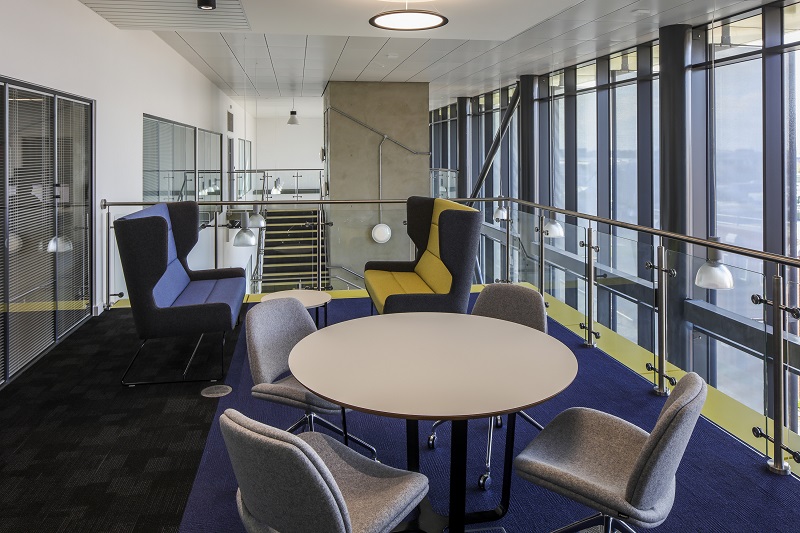
CPMG associate lead
Aiden Bell said: "We made sure the designs for the facility not only met
the brief to provide the space and functionality that was needed but also
reflected the university's strong architectural identity which already has a
number of flagship buildings. Our design was selected from a number of
competitors as we portrayed the strength of the university's academic research
within the architecture of the building.
"We specified
the Kawneer systems as they could achieve the tight u-values and required
design criteria for two curtain walling systems that were 38m wide x 13m high.
Both east and west elevations have large expanses of the Kawneer curtain
walling to offer visibility to the entrance lightwell and the high bay area at
the rear of the building. It allowed the interior aspects of the atrium and
high bay area to be showcased."
He added: "The
university's commitment to sustainability in general and to a better
performance on environmental issues is a fundamental part of its strategic
vision. All major developments must be to the highest possible energy
standards, achieve BREEAM excellent and have minimal carbon impact. The latest
technology and innovative solutions to minimise heat gains and maximise
lighting and natural ventilation are implemented."
RG Carter, who were
on site, on the perimeter of the airport, for two years, said: "Using our
in-house capabilities with Carter Design, we provided support and advice from
our own structural and civil engineers to redesign the structural frame and change
the curtain walling system from a self-supported to a supported glazing system,
and also provide additional support to the structural frame.
"Together with
advice from our own in-house company Drayton Windows, we provided the architect
and engineer with design and construction details, as well as windload and
structural calculations, from specialist suppliers such as Kawneer to develop a
workable solution that met the client's expectations and still followed the
design concept that the architect had laid down."
The AIRC has won a
LABC national award for Best Large Commercial Project and a RICS East award for
Design through Innovation.









